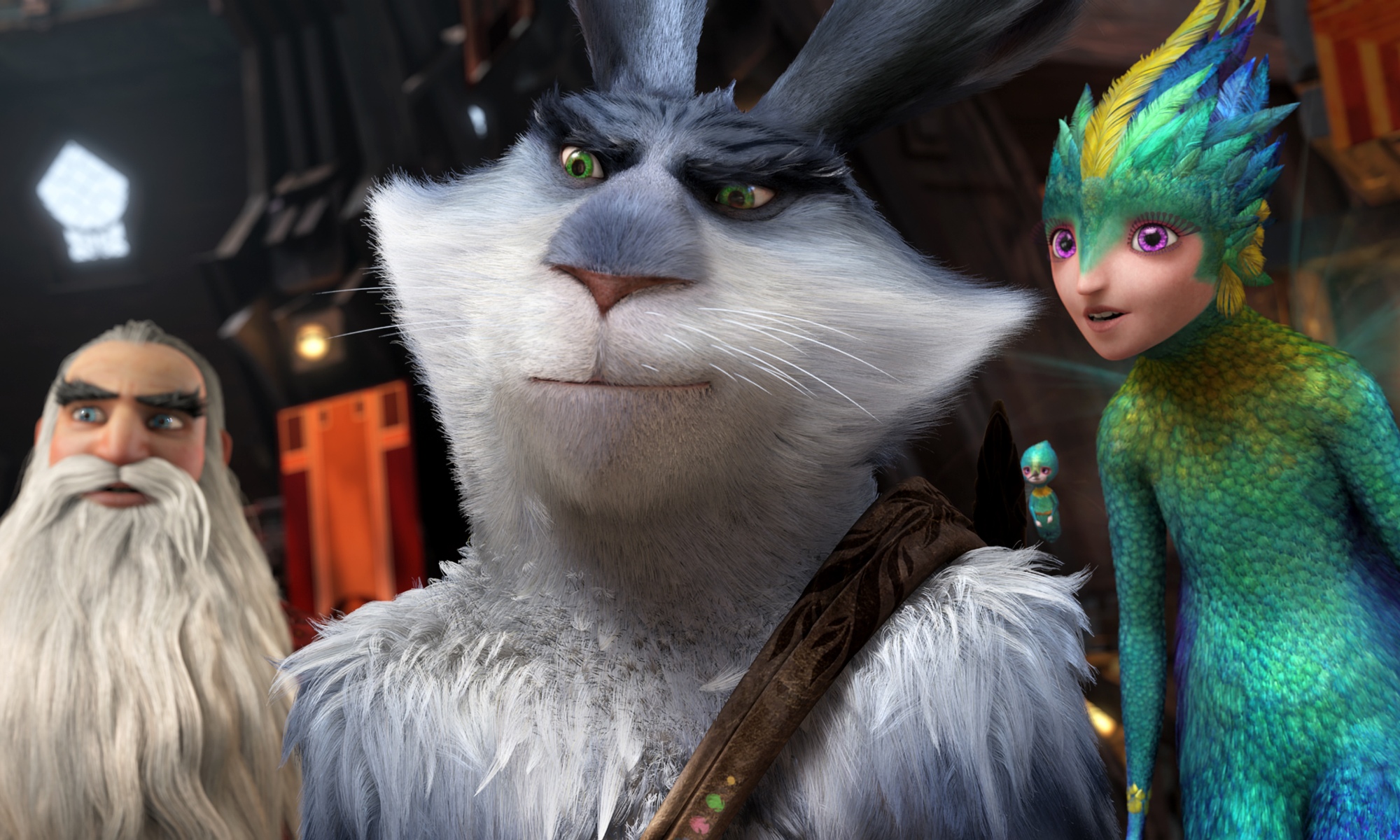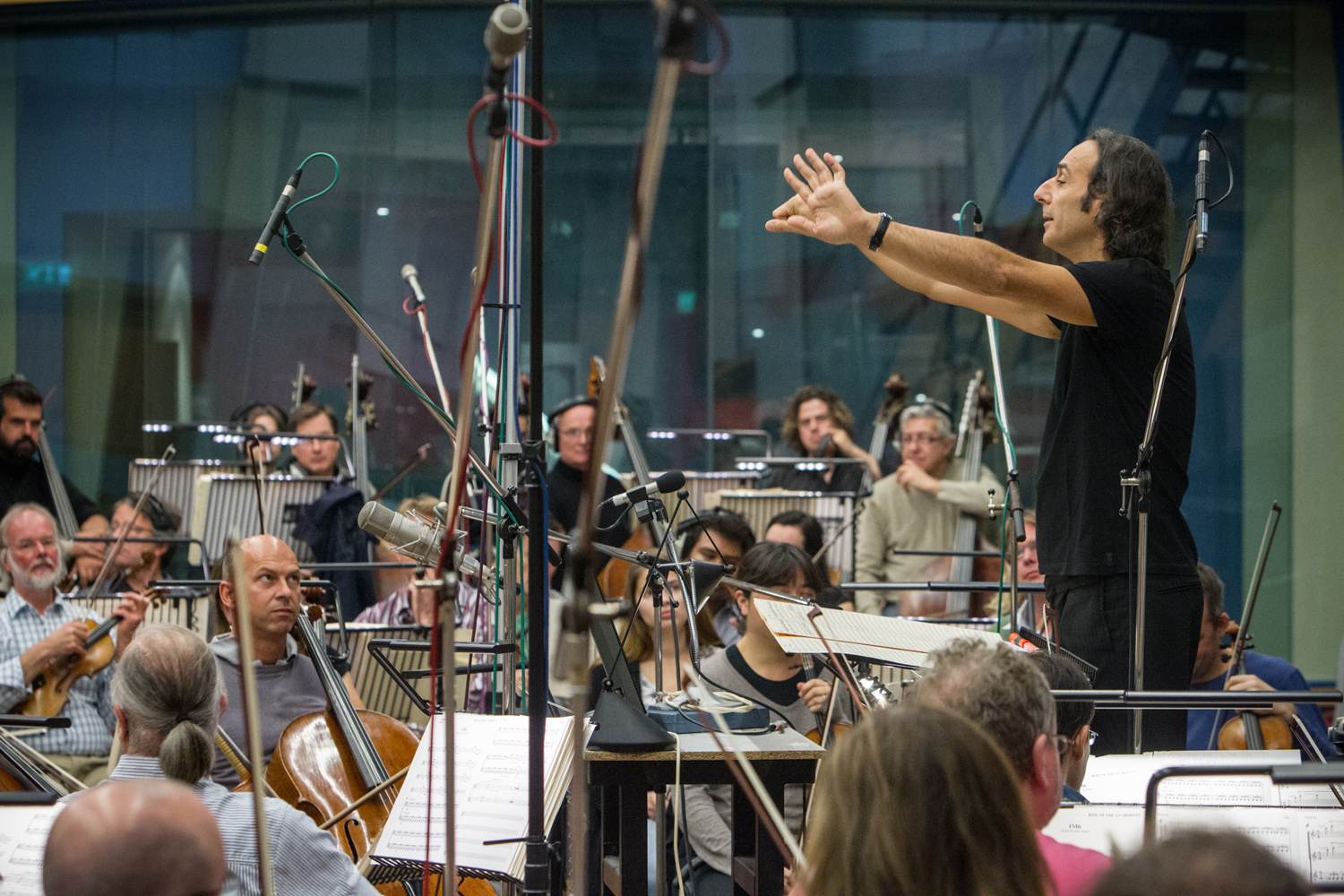David Mermelstein is an AwardsLine contributor. This article appeared in the Dec. 19 issue of AwardsLine.
It’s not unusual to have big names in popular music sing end-title songs for major movies. Opera singers, though, don’t generally roll that way. But nobody ever said they can’t. Which is why Alexandre Desplat, who composed the music for Rise of the Guardians, decided to approach soprano Renée Fleming about singing “Still Dream,” which uses the melody he wrote for the picture’s main theme and lyrics by the film’s screenwriter, David Lindsay-Abaire.
“It covers two octaves,” Desplat says of the song. “The music is very orchestral; the melody, very lyrical. So it really made sense to ask Renée Fleming, who is the greatest soprano alive. And she said yes right away. It was a suggestion that could have been rejected, but it was right—though I can’t remember the last time a soprano sang an end-title song.”
“It’s really an aria he composed,” Fleming says. “It’s got a huge range and is quite demanding melodically—very instrumental. So it was challenge for me, but it’s so beautiful. Alexandre has an extraordinary melodic gift. I’d never met him before this, but I was familiar with his work, because he’s done so many wonderful scores.”
Their collaboration went smoothly despite no prior history, though they didn’t actually meet until a specially arranged recording session in New York that followed the full score’s recording in London. “We went back and forth about key and range on the phone and email,” Fleming recalls. “He did several rewrites, but I wasn’t the only one making requests. This all came together in a very short period of time. I couldn’t be there in London, but he was with me in New York.”
Fleming got the lyrics only after Desplat had already sent the music. “I was under a mountain of deadlines when they called,” Lindsay-Abaire says. “But I couldn’t say no. Alexandre was very set that he wanted the song to revisit and rearticulate the score’s themes. He didn’t want to just tack something onto the end. And in that way, it felt very organic to the movie that was already there. We took the ‘believe theme’—where the little boy believes in Jack Frost for the first time—and it was like, ‘Oh, our work is halfway done.’ He wanted the song to have the same sweep and epic quality the film has. It’s not the standard ‘stick a pop song at the end of a movie.’ It embraces the wonder of childhood and boils it down.”


